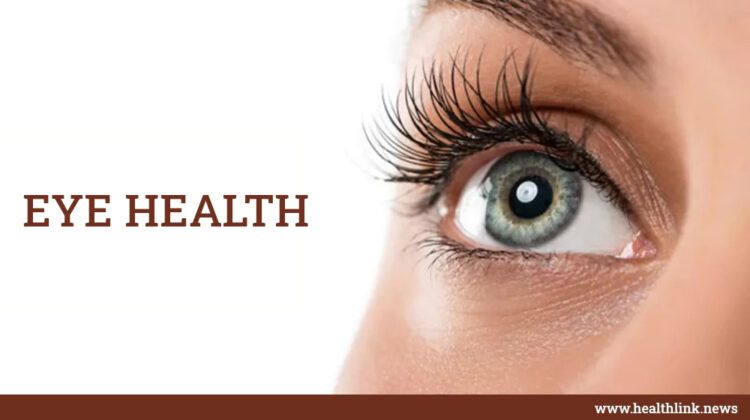Consult Best Eye Specialist in Chennai
An Eye Specialist or Ophthalmologists in Chennai provide specialized care for a wide range of eye-related issues, ensuring comprehensive treatment for patients of all ages. Here’s an overview of the services, conditions treated, and some of the leading ophthalmology facilities in the city.
Top Eye Conditions Treated
Some of the most common eye conditions treated by ophthalmologists in Chennai include:
- Glaucoma
- Cataract
- Retinal diseases
- Pediatric eye conditions
- Corneal diseases
Ophthalmologists in Chennai are highly skilled in diagnosing and treating these and other complex eye disorders using advanced techniques and technologies.
Find Also: Top 10 Dentist in Chennai | Top 10 Orthopedic Doctors in Chennai | Top 10 Ayurvedic Doctors in Chennai | Top 10 Homeopathy Doctors in Chennai | Top 10 Eye Surgeons in Chennai | Top 10 Physicians Doctors in Chennai | Top 10 Endocrinologists in Chennai | Top 10 Neurosurgeons in Chennai | Top 10 Dental Surgeons in Chennai | Top 10 Hematologist in Chennai | Top 10 Physiotherapists in Chennai | Top 10 Neurologists in Chennai | Top 10 Oncologists in Chennai
Frequently Asked Questions
News Articles

What’s Causing of Your Yellow Eyes and S ...Read More

What Is The Purpose Of Keratoprosthesis ...Read More

What Causes Eye Sight Issues? Tips to Ke ...Read More

The Top 10 Foods For Improving Your Eyes ...Read More

What You Can Do to Protect Your Eye Heal ...Read More


